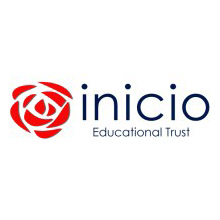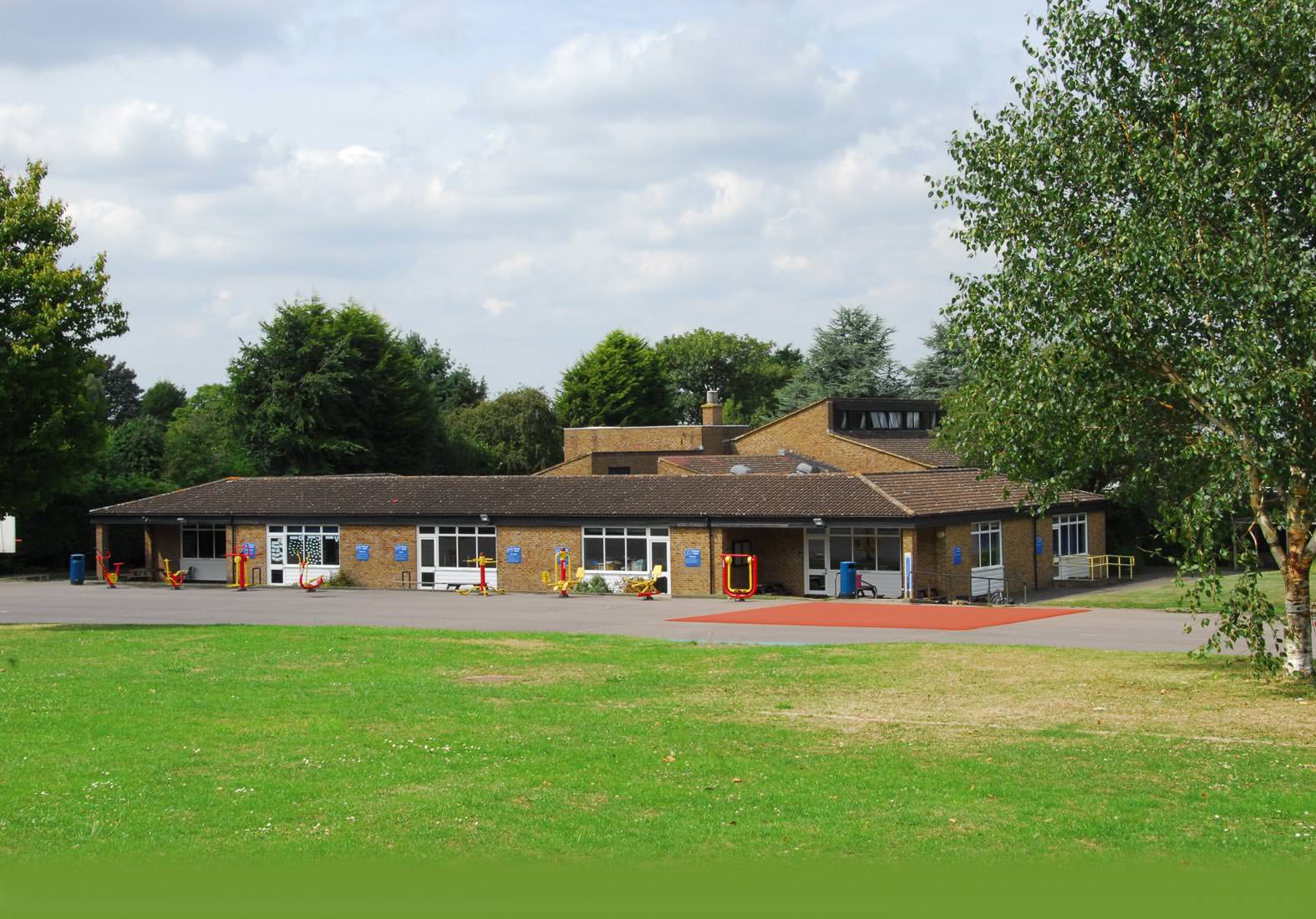Curriculum Intent
Through our computing curriculum, we aim to give our pupils the life-skills that will enable them to embrace and utilise new technology in a socially responsible and safe way in order to flourish. We want our pupils to understand the importance of equality and diversity online, and to understand what the impact of our digital footprint has on this. We want our pupils to be able to operate in the 21st century workplace and we want them to know the career opportunities that will be open to them if they study computing. In addition to this, we want the use of technology to support learning across the entire curriculum and to ensure that our curriculum is accessible to every child. Not only do we want them to be digitally literate and competent end-users of technology, but through our computing lessons and cross curricular learning, we want them to develop creativity, resilience, problem-solving and critical thinking skills.
Implementation
At Biggin Hill Primary School, Computing is taught as discrete lessons every other half term. The Computing curriculum is delivered through a scheme of work - Kapow - which follows the National Curriculum. This scheme of work has been broken down into the three key Computing strands: Computer Science, Information Technology (IT) and Digital Literacy:
- Computer Science - covers the ‘how’. How computers and computer systems work and how they are designed and programmed. Computer Science units cover programming units alongside units such as understanding how a school network and the internet works.
- Information Technology (IT) - the application of Computing. Ensuring pupils can use a wide range of products and software to enable them to plan, develop and create. These units should cover a variety of media such as video, audio, art, photography or music.
- Digital Literacy - about the understanding and implications. For example, it is to encourage children to think about why they are choosing to use something for a particular purpose. This strand also covers Online Safety, knowing how to use things safely, respectfully and responsibly.
Covering these three key strands, teaches pupils to create programs, systems, and a range of content while encouraging the children to express themselves and develop their ideas safely. There is an emphasis on how what is learnt can be used in a future working environment.
Additionally, class teachers integrate Computing into other areas of the curriculum and pupils have the opportunity to use different pieces of IT equipment. We have a class set of Chromebooks and iPads which can be utilised to enhance the children’s learning across the curriculum, in addition to the classroom’s interactive whiteboards.
Online Safety
Online safety sits within the Digital Literacy strand of the curriculum. Online Safety is now statutory to teach pupils since the introduction of the new statutory RSE framework. Therefore, Online Safety is an important part of our curriculum and is an ongoing theme throughout the year across the whole school. Online Safety lessons are taught explicitly every half term, from the Kapow scheme of work, as well as being interwoven throughout our PSHE (SCARF) learning. We have chosen this approach to allow our children to continuously build their knowledge throughout the school year. In addition to this, we also celebrate national events, such as Safer Internet Day, each year across the school.
Computing Roadmap Computing Overview of Progression of Skills

